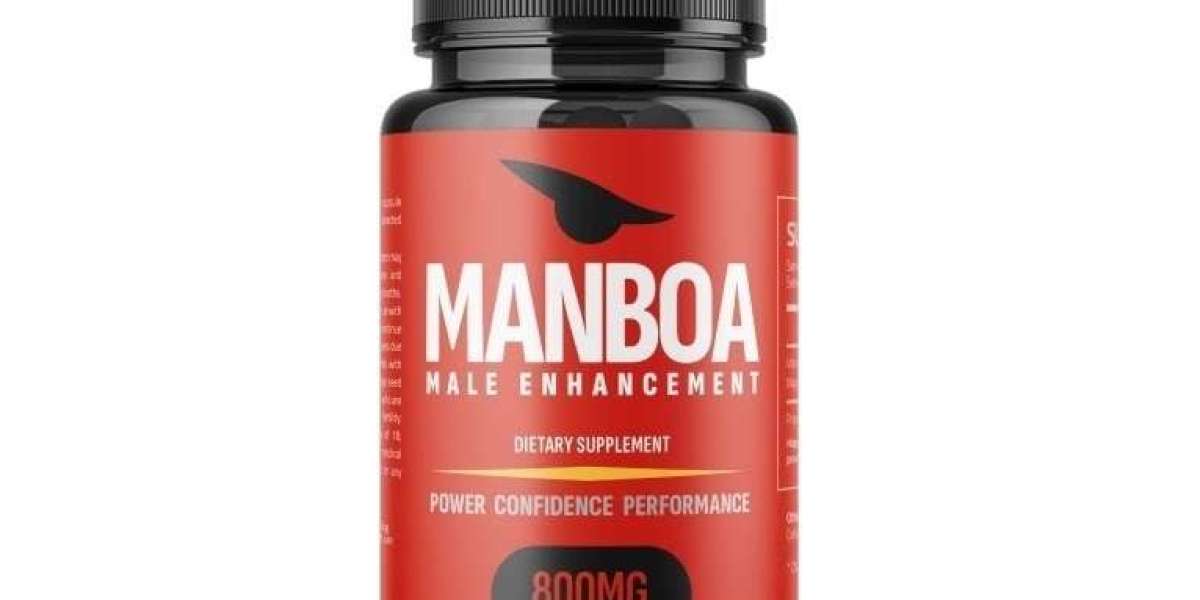According to TechSci Research report, “Mass Flow Controller Market - Global Industry Size, Share, Trends, Competition Forecast & Opportunities, 2030F, The Global Mass Flow Controller Market was valued at USD 1.7 billion in 2024 and is expected to reach USD 2.4 billion by 2030 with a CAGR of 5.4% through 2030. One significant driver is the increasing demand for precision in industrial processes, especially in sectors like biotechnology, medical devices, and food & beverage, where accurate flow measurement is essential for product quality, safety, and regulatory compliance. The rising need for miniaturized and compact instruments in laboratories and pilot plants is also accelerating the adoption of MFCs designed for low-flow applications.
Furthermore, stringent environmental regulations are pushing industries to monitor and control emissions more effectively, creating demand for MFCs in gas analysis and exhaust treatment systems. The growth of microelectronics and nanotechnology applications, where even slight deviations in gas or liquid flow can affect manufacturing outcomes, is another strong market stimulant. Additionally, the growing trend of customization and modular equipment design in industrial settings supports the use of programmable and flexible flow controllers, enhancing process adaptability and efficiency. With industries placing greater emphasis on real-time monitoring, remote diagnostics, and system integration, modern MFCs equipped with digital communication interfaces and smart sensor technologies are seeing increasing deployment. These factors collectively contribute to the ongoing expansion of the MFC market worldwide.
Based on Type, Coriolis segment dominated the Mass Flow Controller Market in 2024 and maintain its leadership throughout the forecast period, primarily due to its unmatched precision, versatility, and reliability in a wide range of industrial applications. Coriolis mass flow controllers operate on the principle of measuring the inertia created by mass flow through vibrating tubes, which allows for direct and highly accurate measurement of mass flow rate, irrespective of the fluid's temperature, pressure, or viscosity. This distinct advantage over other types of MFCs—such as thermal or differential pressure-based controllers—has led to widespread adoption, particularly in industries where high accuracy and real-time control are critical, such as pharmaceuticals, chemicals, food & beverages, oil & gas, and semiconductors.
One of the major factors contributing to the dominance of the Coriolis segment is its ability to measure both liquids and gases with high precision, along with its capacity to provide additional parameters such as density and temperature. This multi-variable capability reduces the need for multiple instruments, thereby simplifying system design and lowering total installation and maintenance costs. In sectors like chemicals and pharmaceuticals, where even minor deviations in flow rates can affect product quality and safety, Coriolis MFCs offer a significant performance advantage.
Moreover, the growing demand for process automation and digital flow control systems, particularly with the advancement of Industry 4.0, has further boosted the uptake of Coriolis-based MFCs. Their ability to seamlessly integrate with smart control systems, support remote monitoring, and provide real-time diagnostics makes them highly suitable for modern industrial environments focused on operational efficiency and data-driven decision-making.
Download Free Sample Report
https://www.techsciresearch.com/sample-report.aspx?cid=30184
Customers can also request for 10% free customization on this report.
Additionally, the rise in clean energy applications, such as hydrogen production, biofuels, and carbon capture, is expanding the need for precise mass flow measurement technologies. Coriolis MFCs, known for their ruggedness and compatibility with a wide range of fluids—including corrosive and high-viscosity substances—are increasingly preferred in these emerging fields.
Technological advancements have also played a role in reducing the size and cost of Coriolis MFCs, making them more accessible to a broader range of applications, including smaller-scale laboratory and pilot-scale setups. The introduction of compact, low-flow Coriolis controllers has widened their utility, even in research, testing, and precision dosing applications.
The Coriolis segment's dominance in the Mass Flow Controller market is driven by its exceptional accuracy, multi-parameter measurement capabilities, adaptability across industries, and strong alignment with the evolving needs of advanced manufacturing and sustainable energy systems. As industrial processes continue to demand higher precision and smarter instrumentation, the Coriolis segment is expected to maintain and even expand its leading position in the years ahead.
Asia Pacific is emerging as the fastest-growing region for the Mass Flow Controller Market, driven by the region's expanding industrial base, rising investments in semiconductor manufacturing, and growing adoption of automation technologies. Countries such as China, Japan, South Korea, and India are witnessing significant industrial growth, especially in sectors like electronics, pharmaceuticals, chemicals, and energy. These industries require precise flow measurement and control systems, fueling the demand for advanced mass flow controllers.
One of the primary growth drivers in the region is the massive expansion of the semiconductor industry, particularly in China, Taiwan, and South Korea. Governments across Asia Pacific are offering strong incentives, subsidies, and infrastructure support to boost domestic semiconductor production, which heavily relies on MFCs for accurate gas and liquid flow control in fabrication processes.
Moreover, the increasing shift toward clean energy and sustainable technologies—such as hydrogen fuel, carbon capture, and renewable energy—has also elevated the demand for mass flow controllers that can handle a wide variety of fluids with high precision. The rapid pace of urbanization and infrastructure development, especially in emerging economies like India and Southeast Asia, is further contributing to the growing adoption of process automation tools, including MFCs.
Key market players in the Mass Flow Controller Market are:
Brooks Instrument LLC
Bronkhorst High-Tech B.V.
Horiba Ltd.
MKS Instruments, Inc.
Alicat Scientific, Inc.
Sensirion AG
Yokogawa Electric Corporation
Teledyne Hastings Instruments
Download Free Sample Report
https://www.techsciresearch.com/sample-report.aspx?cid=30184
Customers can also request for 10% free customization on this report.
“The global Mass Flow Controller market presents significant opportunities, especially through The global Mass Flow Controller (MFC) market presents significant opportunities driven by the rising adoption of automation in industries such as semiconductors, pharmaceuticals, and chemicals. Increasing demand for high-precision flow control in clean energy applications, including hydrogen production and carbon capture, is further boosting market potential. Emerging economies in Asia Pacific and Latin America offer untapped growth due to rapid industrialization and infrastructure development.
Additionally, advancements in digital flow monitoring, IoT integration, and compact, low-flow MFC designs are expanding use cases across research, medical, and environmental sectors, creating new avenues for innovation and market expansion in the years ahead.” said Mr. Karan Chechi, Research Director of TechSci Research, a research-based global management consulting firm.
“Mass Flow Controller Market – Global Industry Size, Share, Trends, Opportunity, and Forecast, Segmented By Type (Thermal, Coriolis, Differential Pressure), By Flow Element (Liquid, Gas), By Application (Chemicals, Oil & Gas, Pharmaceuticals, Semiconductors, Food & Beverages, Water & Wastewater Treatment, Others), By Region, By Competition, 2020-2030F” has evaluated the future growth potential of Mass Flow Controller Market and provides statistics & information on market size, structure, and future market growth. The report intends to provide cutting-edge market intelligence and help decision makers take sound investment decisions. Besides the report also identifies and analyzes the emerging trends along with essential drivers, challenges, and opportunities in Mass Flow Controller Market.
Contact
TechSci Research LLC
420 Lexington Avenue,
Suite 300, New York,
United States- 10170
M: +13322586602
Email: [email protected]
Website: https://www.techsciresearch.com








